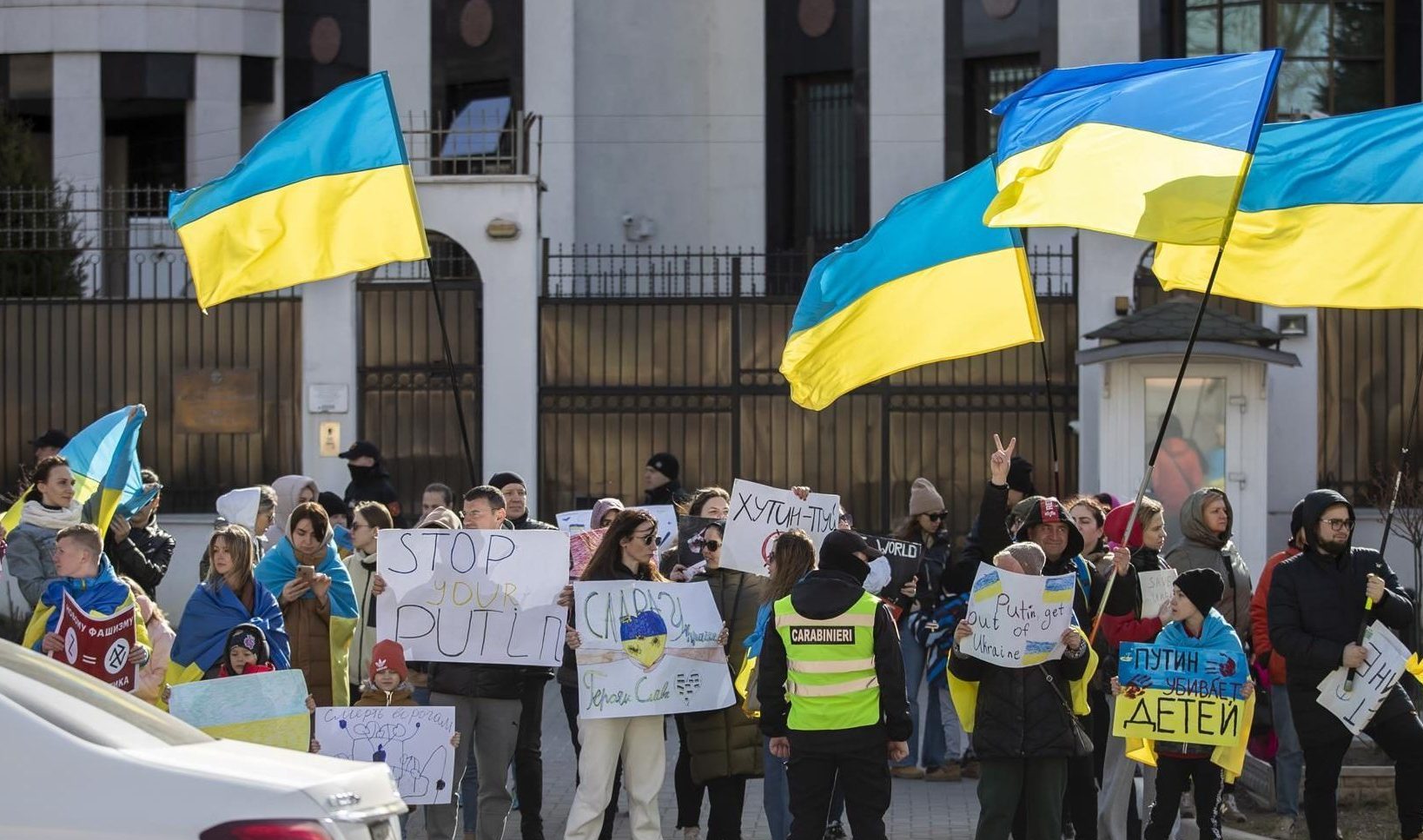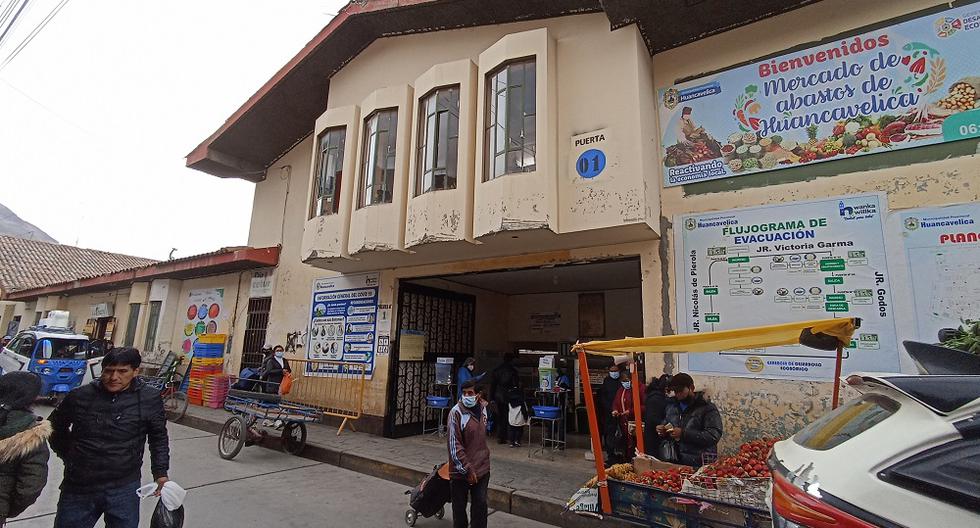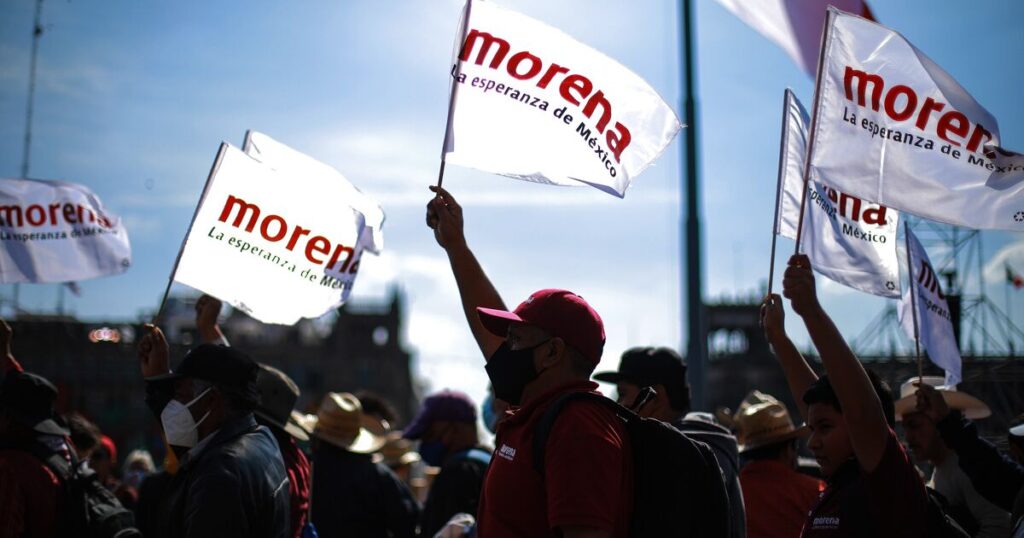The Russian invasion of Ukraine disrupted world trade, pushing up the international prices of many raw materials, including several products that Nicaragua exports or imports, which means that, at the end of the year, there will be winners such as gold, coffee, peanuts, and cane sugar, while at the local level, consumers will have to pay more for fuel, rice, beans, bread, and various construction materials.
The invasion of Ukraine made oil prices will risein addition to inputs such as iron, steel and aluminum, and food such as wheat, which is profusely produced, both on the lands of the attacked and on those of the Russian aggressor.
An economist who agreed to explain his views to CONFIDENTIALwith the commitment to remain anonymous, recalled that “our trade with Russia is marginal, except for wheat, which can impact the cost of bread, but we will have direct and indirect costs in the areas where Russia is a world weight actor ” .
Official data from the Central Bank of Nicaragua (BCN) show that, throughout 2021, the country imported 31.5 million dollars from that country, to which merchandise was sold for 13 million dollars.
The economist explained that “as supply decreases, items such as oil, gas, wheat, iron, nickel, steel, aluminum and other minerals, have very high increases, which will generate inflation in the United States, Europe, and other markets, inflation that in turn, it is reproduced in dependent markets”, such as ours, to the point that “everything that is made with these raw materials is on a double-digit upward trend.”
Nicaragua will be “directly and indirectly affected,” given its role as a net importer of oil, fuel and gas, as well as wheat, construction materials, work vehicles and vehicles for personal and family use, appliances, etc., the expert explained.
Good news for gold, coffee and sugar
Gold started the year slightly above $1,800 an ounce, and continued to rise as the days went by. Although the news of the beginning of the war led it to fall 1.6%, its price rebounded to 2,041 dollars on March 7, moderating in the following days, until reaching 1,924 dollars on Wednesday 30.
Coffee farmers have received bittersweet news. After seeing how the price of grain rose and remained high for much of 2021, and touched the top of 250 dollars on January 31, its price decreased until it parked at just over 220 dollars per quintal, where it has been maintained despite the war.
Finally, sugar, whose daily fluctuation is measured in cents, rose to 19.48 dollars this March 30, being its third highest point, in contrast to the lowest, which was 17.85 dollars, traded on January 9.
A source who knows the behavior of the international prices of this commodity, considered that “it is still too early to know the effects, but we believe that they will be positive for the sector, because neither Ukraine nor Russia will be able to plant all the beet that they usually plant, with so the global supply of sugar will be lower, so international prices will probably remain at levels suitable”.
Rice (the country imports about a third of its annual consumption) and beans (Nicaragua is self-sufficient in this food, of which it exports a percentage), should raise their consumer prices as long as the cost of fertilizers continues to rise, which is also has been affected by the turbulence of the war.
There is a risk that the bread will rise
At the other extreme, one of the products whose rise has been most pronounced is that of wheat, which is used to make the flour with which bread is baked. Information available online shows that the European conflict found wheat markets in a long-standing bullish trend, which began in September 2021, and represented an increase of almost 26%, with which the ton of wheat closed the month March at $327.
For many years, the country bought its wheat from the United States and Canada, but the beginning of Russian donations led to a change of supplier, to the point that now, Enimport receives it from Russia, and sells it to the three flour mills in the country. .
Although it is unlikely that Russia will stop exporting the grain -because that country needs all the dollars it can capture- there are doubts about the possibility that Nicaragua can continue doing business with Moscow, since the sanctions make it impossible to transact with many entities. of that country, including several of its main banks.
Building will also be more expensive
The builders are not very calm either, because the price of a ton of steel increased significantly: from 800 dollars that it cost a ton in 2020, up to 1,100 at which it was quoted in 2021, and the 1,300 that it already reached in 2022, according to data. provided by an industry source.
“We believe that prices will continue to increase due to a lack of suppliers, but also because a large part of the steel -if not all of it- came from places close to those that are being affected by the war,” the source said.
To this is added the effects of the global logistics crisis, which “comes to contribute to this problem, since companies must have better planning and coordination to supply themselves, which also increases administrative expenses”, and in the end translates into a rising prices that consumers end up paying.
“These increases are not always transferred to the sale price. As a company, sometimes we have to sacrifice profit to stay competitive, so we have absorbed part of the increase, but it is already reaching such a high level, that we are starting to try to transfer it to the sale price, ”he added.
The administrator of a construction company explained that Russia exported some 70 million tons of steel, while Ukraine sent another 40 million more to the world, so it is difficult to find who can supply it in a short time. “China could try, but they have had to close several factories for environmental reasons,” he clarified.
The source explained that the quintal of iron rods has already reached 1,000 córdobas, but the sector fears that it will reach 2,800, while they expect cement to continue to rise, after raising its price by 8% in December, plus the two increases, of 10% each, observed during the current year.
















